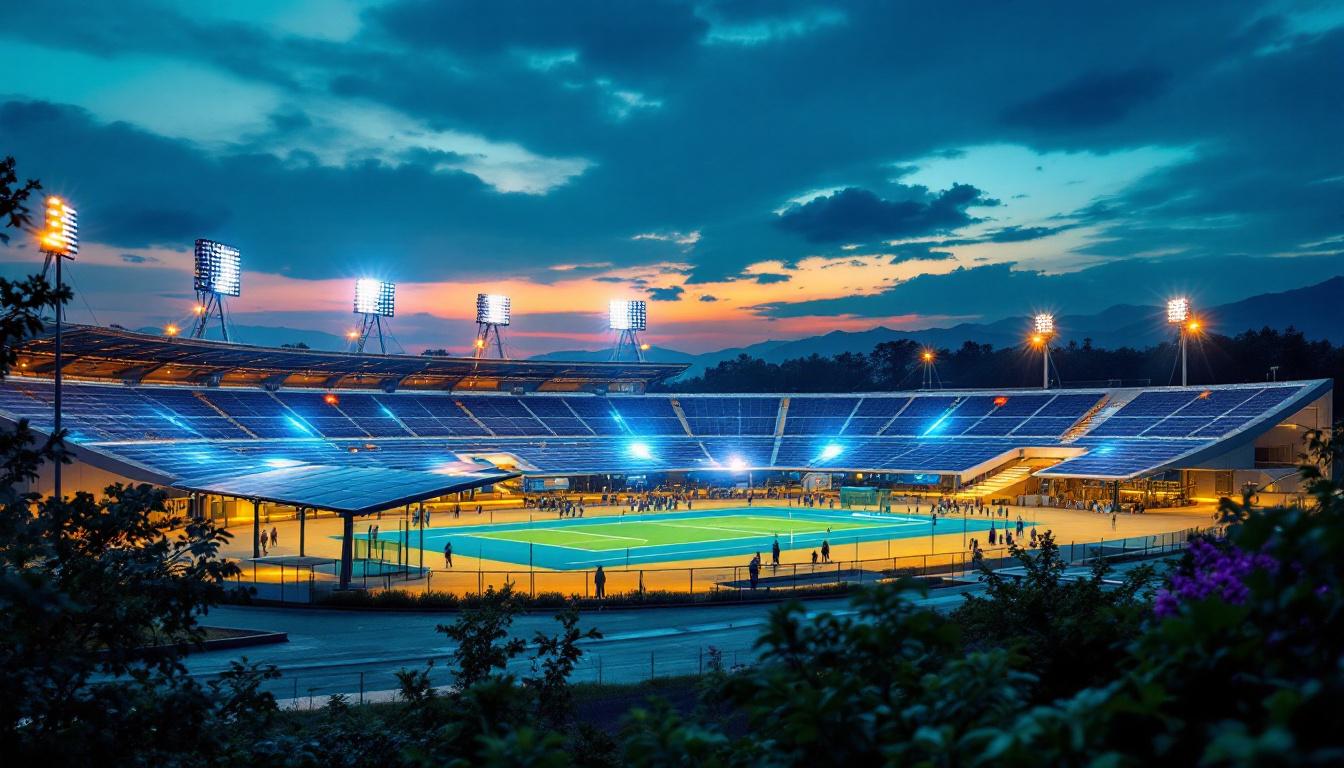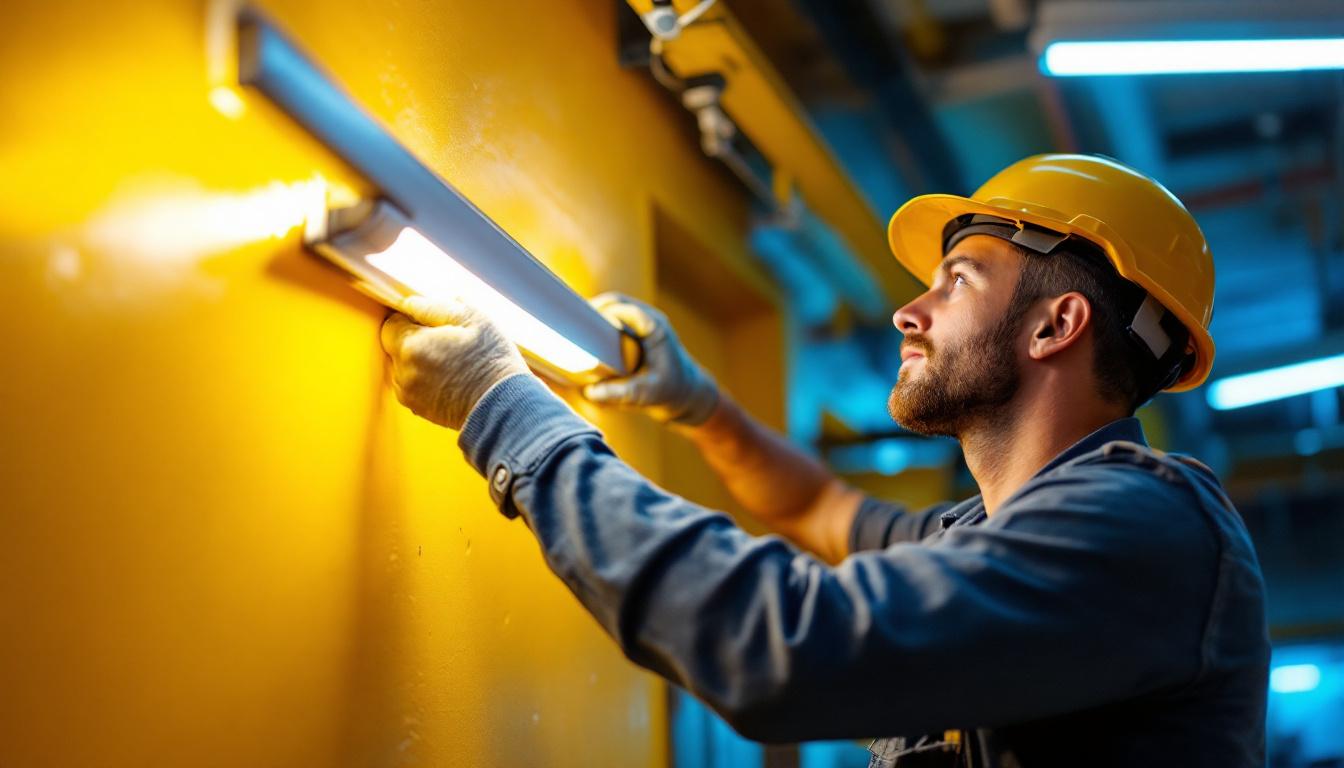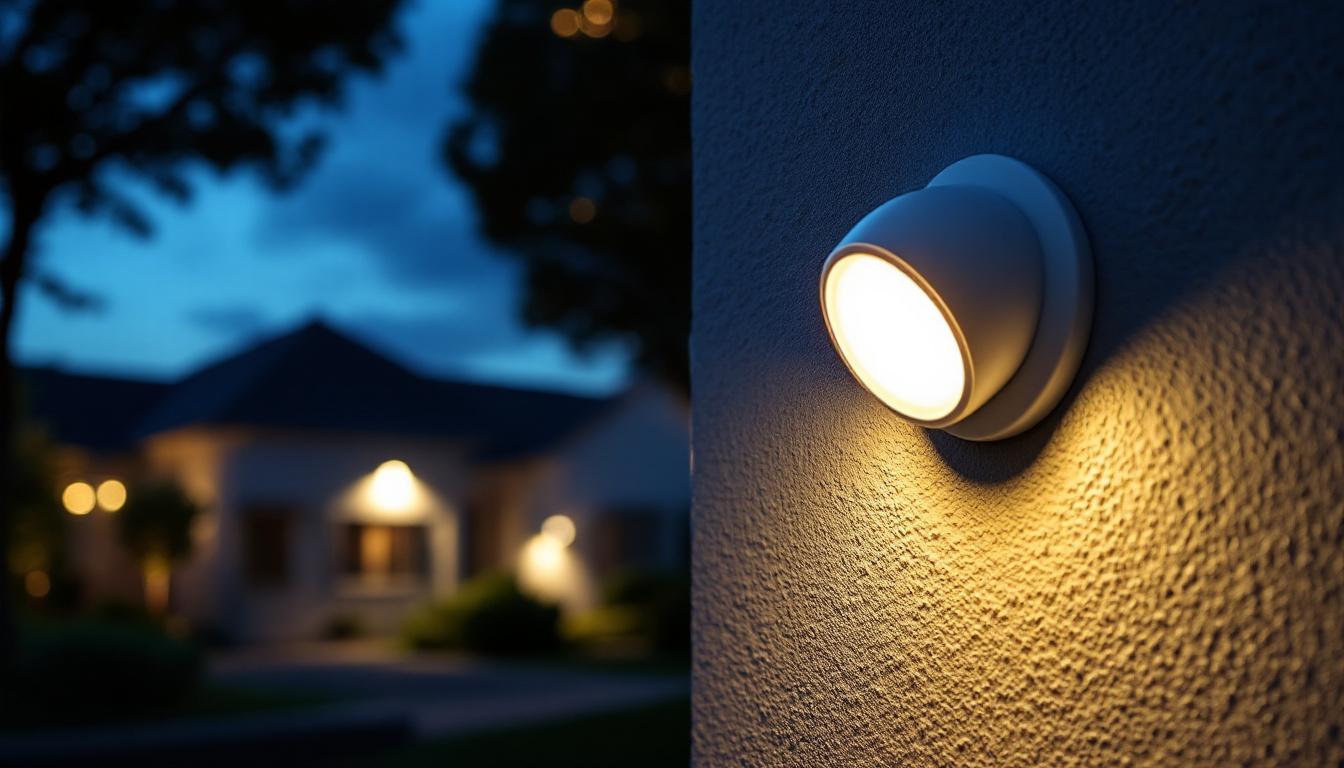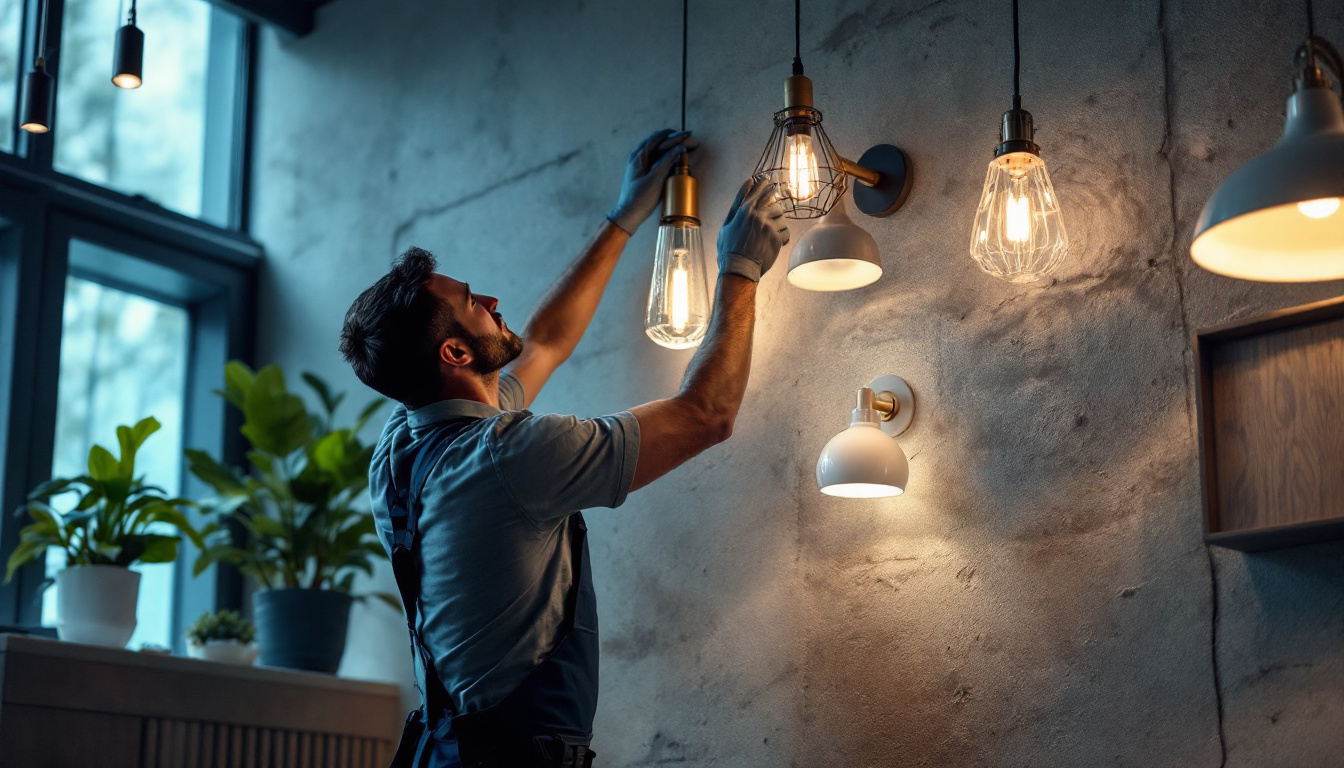
As the demand for sustainable energy solutions continues to rise, solar-powered arena lighting has emerged as a viable option for sports facilities, concert venues, and other large outdoor spaces. Lighting contractors play a pivotal role in the successful implementation of these systems. This article delves into best practices for installing solar-powered arena lights, ensuring optimal performance and efficiency.
Before diving into the specifics of installation and best practices, it is essential to grasp the fundamentals of solar power technology. This knowledge will empower lighting contractors to make informed decisions throughout the project lifecycle. Understanding the science behind solar energy not only enhances the contractor’s expertise but also builds trust with clients who are increasingly seeking sustainable solutions for their lighting needs.
A typical solar-powered lighting system consists of several key components: solar panels, batteries, LED lights, and a charge controller. Each element plays a crucial role in the overall functionality of the system. The solar panels, often made of silicon, are designed to capture sunlight efficiently, converting it into direct current (DC) electricity. This process is influenced by factors such as panel orientation, shading, and the angle of sunlight, which are critical considerations during installation.
Solar panels convert sunlight into electricity, while batteries store this energy for use during nighttime or cloudy days. The type of battery used can significantly impact the system’s performance; lithium-ion batteries, for instance, offer higher energy density and longer life cycles compared to traditional lead-acid batteries. LED lights are favored for their energy efficiency and longevity, and the charge controller regulates the flow of electricity to prevent battery overcharging. This regulation is vital for maintaining battery health and ensuring the system operates smoothly over time.
Solar-powered arena lights offer numerous advantages, making them an attractive option for contractors and clients alike. One of the most significant benefits is the reduction in energy costs. By harnessing solar energy, facilities can significantly lower their electricity bills. This cost-effectiveness is particularly appealing for large venues that require extensive lighting, such as sports arenas or outdoor event spaces, where traditional lighting solutions can lead to exorbitant utility expenses.
Additionally, solar lights are environmentally friendly, contributing to a reduction in carbon footprints. They also require minimal maintenance due to the durability of LED technology and the absence of complex wiring systems, which can lead to costly repairs. Moreover, the installation of solar-powered lighting can enhance the aesthetic appeal of outdoor spaces, as these systems can be designed to blend seamlessly with the environment. The flexibility in design allows for creative lighting solutions that can illuminate pathways, enhance security, and create inviting atmospheres for events, all while promoting sustainability and energy independence.
Installing solar-powered arena lights requires careful planning and execution. Adhering to best practices ensures that the system operates efficiently and meets the lighting needs of the venue.
A thorough site assessment is the foundation of a successful installation. Lighting contractors should evaluate the location for sunlight exposure, considering factors such as shading from trees, buildings, or other structures. Understanding the sun’s path throughout the day will help determine the optimal placement of solar panels.
Moreover, contractors should assess the arena’s lighting requirements. This includes calculating the necessary lumens to ensure adequate visibility for various activities, whether it be sports events, concerts, or community gatherings. Additionally, it’s crucial to consider the arena’s layout and any specific areas that may require more focused lighting, such as entrances, exits, and spectator zones, to enhance safety and visibility during evening events.
Selecting high-quality equipment is paramount for the longevity and efficiency of solar-powered lighting systems. Contractors should prioritize durable solar panels that can withstand various weather conditions, as well as batteries with sufficient capacity to meet the arena’s energy demands. The choice of mounting hardware is also essential; it should be robust enough to handle wind loads and other environmental stresses, ensuring that the installation remains secure over time.
LED lights should be chosen based on their lumen output, color temperature, and beam angle to ensure they provide the desired lighting effect. Additionally, it is advisable to invest in a reliable charge controller that can manage the energy flow effectively. This not only maximizes the lifespan of the batteries but also ensures that the lights operate at optimal efficiency. Furthermore, integrating smart technology can enhance the system’s functionality, allowing for features such as remote monitoring and automated dimming based on ambient light levels, which can significantly reduce energy consumption while maintaining safety and visibility.
The installation process for solar-powered arena lights differs from traditional lighting systems. Understanding the unique aspects of solar installations can lead to better outcomes and satisfied clients.
Proper mounting of solar panels is crucial for maximizing energy capture. Panels should be installed at an angle that allows for optimal sunlight exposure, typically between 30 to 45 degrees, depending on the geographical location.
Contractors must also ensure that mounting structures are robust enough to withstand wind loads and other environmental factors. Utilizing adjustable mounts can provide flexibility in optimizing panel angles over time. Furthermore, it is important to consider potential shading from nearby structures or trees, as even partial shading can significantly reduce the efficiency of solar panels. Regular maintenance checks to clear debris and check for any obstructions can help maintain peak performance throughout the year.
When wiring solar-powered lights, it is essential to use weather-resistant cables and connectors to prevent damage from the elements. Properly securing and routing wires can reduce the risk of wear and tear, ultimately extending the system’s lifespan.
Additionally, contractors should follow best practices for connecting the solar panels to the batteries and lights. This includes ensuring that the polarity is correct and that all connections are tight to minimize energy loss. It’s also advisable to incorporate a charge controller in the system to prevent overcharging of the batteries, which can lead to reduced battery life. Regular inspections of the wiring and connections can help identify any potential issues before they escalate, ensuring a reliable and efficient lighting system for the arena.
While solar-powered arena lights require less maintenance than traditional systems, regular checks are necessary to ensure optimal performance. Lighting contractors should establish a maintenance schedule to inspect the system periodically.
Routine inspections should focus on the solar panels, batteries, and LED lights. Contractors should check for dirt or debris on the panels, as this can hinder energy absorption. Cleaning the panels regularly will help maintain their efficiency.
Battery health is another critical aspect to monitor. Contractors should test the batteries for charge capacity and replace them as needed to prevent system failures. LED lights should also be inspected for any signs of dimming or flickering, which could indicate a need for replacement.
Even with routine maintenance, issues may arise. Lighting contractors should be prepared to troubleshoot common problems, such as inadequate lighting output or system failures. Identifying the root cause is essential for effective resolution.
For instance, if lights are dimming, it could be due to low battery charge or faulty connections. By systematically checking each component, contractors can pinpoint issues and implement solutions promptly.
Incorporating solar-powered arena lights may involve navigating various regulations and standards. Lighting contractors must stay informed about local codes and requirements to ensure compliance throughout the installation process.
Before commencing installation, contractors should verify whether permits are required for solar installations in their area. This may include zoning approvals, especially if the arena is located in a designated historical district or residential area.
Understanding the local regulations regarding solar energy can help avoid potential legal issues and ensure a smooth installation process.
Many regions offer incentives and rebates for solar energy installations, which can significantly reduce costs for clients. Lighting contractors should be well-versed in available programs and assist clients in navigating the application process.
By leveraging these incentives, contractors can enhance the appeal of solar-powered lighting solutions and promote sustainable practices within their communities.
The landscape of solar-powered lighting is continuously evolving, driven by advancements in technology and changing consumer preferences. Staying abreast of these trends can position lighting contractors as industry leaders.
One of the most exciting trends is the integration of smart technology into solar lighting systems. Smart lighting solutions allow for remote control and monitoring, enabling contractors to optimize energy usage and improve system performance.
These systems can include features such as motion sensors, dimming capabilities, and automated scheduling, providing enhanced flexibility and efficiency for arena lighting.
As technology continues to advance, solar panels and batteries are becoming more efficient. New materials and designs are being developed to capture more sunlight and store energy more effectively, leading to longer-lasting systems.
Moreover, the push for sustainability is driving innovation in the materials used for solar lighting systems, with a focus on eco-friendly and recyclable components.
Solar-powered arena lights present a compelling opportunity for lighting contractors to offer sustainable and cost-effective solutions to their clients. By adhering to best practices in installation, maintenance, and compliance, contractors can ensure the success of these systems.
As the industry continues to evolve, embracing new technologies and trends will further enhance the capabilities of solar lighting solutions. With a commitment to quality and sustainability, lighting contractors can lead the way in transforming outdoor spaces with solar-powered illumination.
Ready to elevate your lighting projects with solar-powered arena lights? At LumenWholesale, we provide lighting contractors with the highest quality, spec-grade lighting products at unbeatable wholesale prices. Say goodbye to local distributor markups and hello to superior lighting solutions that meet the most rigorous industry standards. Our extensive selection ensures that you have access to reliable and high-performance lighting for every project. Plus, with free shipping on bulk orders, you can enjoy the best value without any hidden fees. Don’t compromise on quality or cost. Make your next project shine with LumenWholesale, where quality, affordability, and convenience come together. Discover our range and take advantage of the best value in wholesale lighting by visiting LumenWholesale today.

Discover everything lighting contractors need to know about T8 LED lights in this comprehensive guide.

Discover how security light sensors can transform your lighting projects by enhancing safety and efficiency.

Discover the essential insights lighting contractors need to meet client expectations when it comes to light fixture sconces.

Discover the intricacies of light fixtures from a professional’s perspective in this comprehensive guide tailored for lighting contractors.